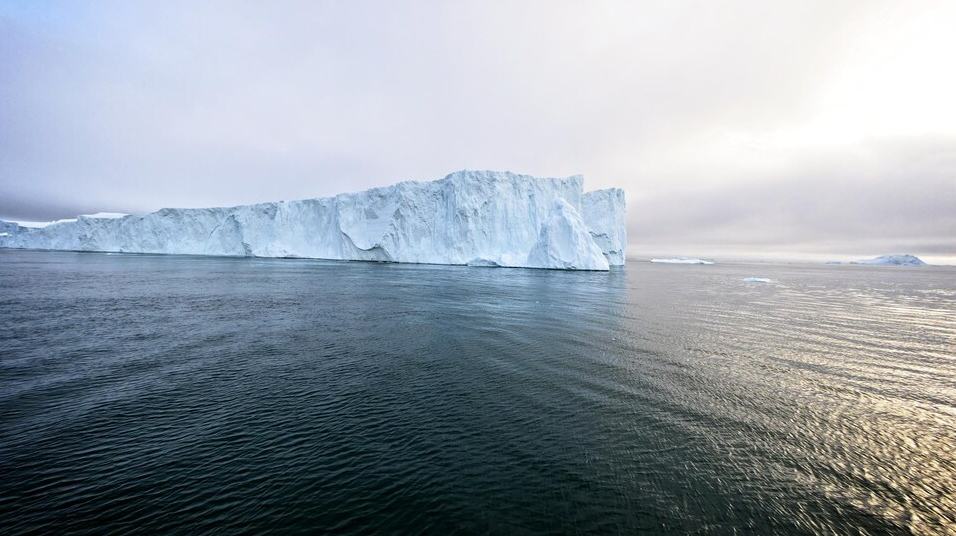Climate change is disrupting the Earth’s water cycle, leading to droughts, floods, and extreme weather events. While water issues are increasingly being addressed at COP29 in Azerbaijan, experts believe that concrete protective measures for this resource are lacking.
« Water is everywhere. It supports every system, nature, or economy, » explains Anna Dupont, Senior Policy Analyst at the OECD, a European international organization for economic development, where she leads the secretariat of the Global Commission on the Economics of Water.
« It is an absurdity to imagine discussing climate change without thinking about water, » she asserts.
Water: A Lever for Climate Action
Anna Dupont emphasizes the importance of « green water, » stored in the soil and biomass, for carbon capture. A 2021 study published in Nature shows that soil drying significantly reduces this capacity.
Human activities, such as deforestation, would jeopardize these essential ecological services.
« It is really necessary to value the economic, social, and environmental services that water provides, » she says, recalling their central role in the ecological transition.
Dani Gaillard-Picher, Senior Advisor for Global Processes and Policies at the Stockholm International Water Institute, highlights that green energy itself depends on water.
« In the Paris Agreement, the word ‘water’ does not appear, » she laments. The organization she represents at COP29 is advocating for water to be prioritized in the fight against climate change.
Since COP27, water has begun to be recognized as a climate issue. « At the end of COP, we hope for a voluntary declaration supported by several countries to affirm that water is a priority, » says Dani Gaillard-Picher.
A Resource in Peril
According to a report published in October by the Global Commission on the Economics of Water, half of the world’s population already faces water shortages. This situation is likely to worsen as the climate crisis intensifies.
« If climate change is a shark, water is its teeth. That’s where the pain is felt, » explains Zafar Adeel, Professor at Simon Fraser University and Executive Director of the Pacific Water Research Centre.
With 20% of the world’s freshwater resources, Canada could play a key role.
However, the country has not yet assumed this leadership on the international stage, the specialist argues.
Solutions exist: better management of resources at the provincial and municipal levels, and strengthening national dialogue. The Canadian Water Agency, which was established in October, represents a first step in this direction, according to Zafar Adeel.
Source: rcinet



